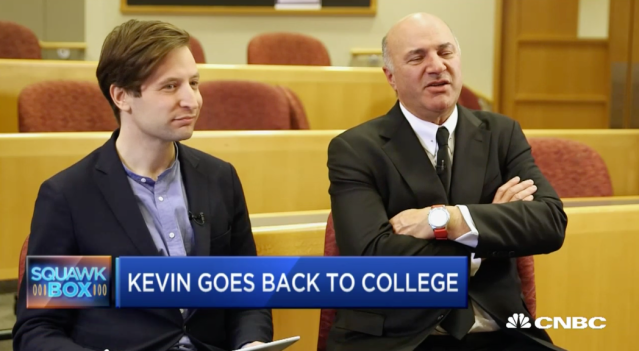My colleague Jim Wolfe pointed me to a Christian Smith’s recent op-ed, Higher Education is Drowning in BS; and it morally corrosive to society! Smith, a professor of sociology at Notre Dame, really lays out a laundry list of sins committed by our institutions, their leaders, funders and bureaucrats! From the Chronicle of Higher Education (here are a few of my favorites)
I have had nearly enough bullshit. The manure has piled up so deep in the hallways, classrooms, and administration buildings of American higher education that I am not sure how much longer I can wade through it and retain my sanity and integrity.
Even worse, the accumulated effects of all the academic BS are contributing to this country’s disastrous political condition and, ultimately, putting at risk the very viability and character of decent civilization. What do I mean by BS?
BS is the university’s loss of capacity to grapple with life’s Big Questions, because of our crisis of faith in truth, reality, reason, evidence, argument, civility, and our common humanity.
BS is the farce of what are actually “fragmentversities” claiming to be universities, of hyperspecialization and academic disciplines unable to talk with each other about obvious shared concerns.
BS is the expectation that a good education can be provided by institutions modeled organizationally on factories, state bureaucracies, and shopping malls — that is, by enormous universities processing hordes of students as if they were livestock, numbers waiting in line, and shopping consumers.
BS is universities hijacked by the relentless pursuit of money and prestige, including chasing rankings that they know are deeply flawed, at the expense of genuine educational excellence (to be distinguished from the vacuous “excellence” peddled by recruitment and “advancement” offices in every run-of-the-mill university).
BS is the ideologically infused jargon deployed by various fields to stake out in-group self-importance and insulate them from accountability to those not fluent in such solipsistic language games.
BS is a tenure system that provides guaranteed lifetime employment to faculty who are lousy teachers and inactive scholars, not because they espouse unpopular viewpoints that need the protection of “academic freedom,” but only because years ago they somehow were granted tenure.
BS is the shifting of the “burden” of teaching undergraduate courses from traditional tenure-track faculty to miscellaneous, often-underpaid adjunct faculty and graduate students.
BS is states pounding their chests over their great public universities even while their legislatures cut higher-education budgets year after year after year.
BS is the fantasy that education worthy of the name can be accomplished online through “distance learning.”
BS is the institutional reward system that coerces graduate students and faculty to “get published” as soon and as much as possible, rather than to take the time to mature intellectually and produce scholarship of real importance — leading to a raft of books and articles that contribute little to our knowledge about human concerns that matter.
BS is third-tier universities offering mediocre graduate programs to train second-rate Ph.D. students for jobs that do not exist, whose real function is to provide faculty with graduate RAs and to justify the title of “university.”
There is plenty more in there and well worth reading. So many instances of BS its hard to know which to fix or how to fix it.
A couple of more.
BS is the standard undergraduate student mentality, fostered by our entire culture, that sees college as essentially about credentials and careers (money), on the one hand, and partying oneself into stupefaction on the other.
BS is the failure of leaders in higher education to champion the liberal-arts ideal — that college should challenge, develop, and transform students’ minds and hearts so they can lead good, flourishing, and socially productive lives — and their stampeding into the “practical” enterprise of producing specialized workers to feed The Economy.

